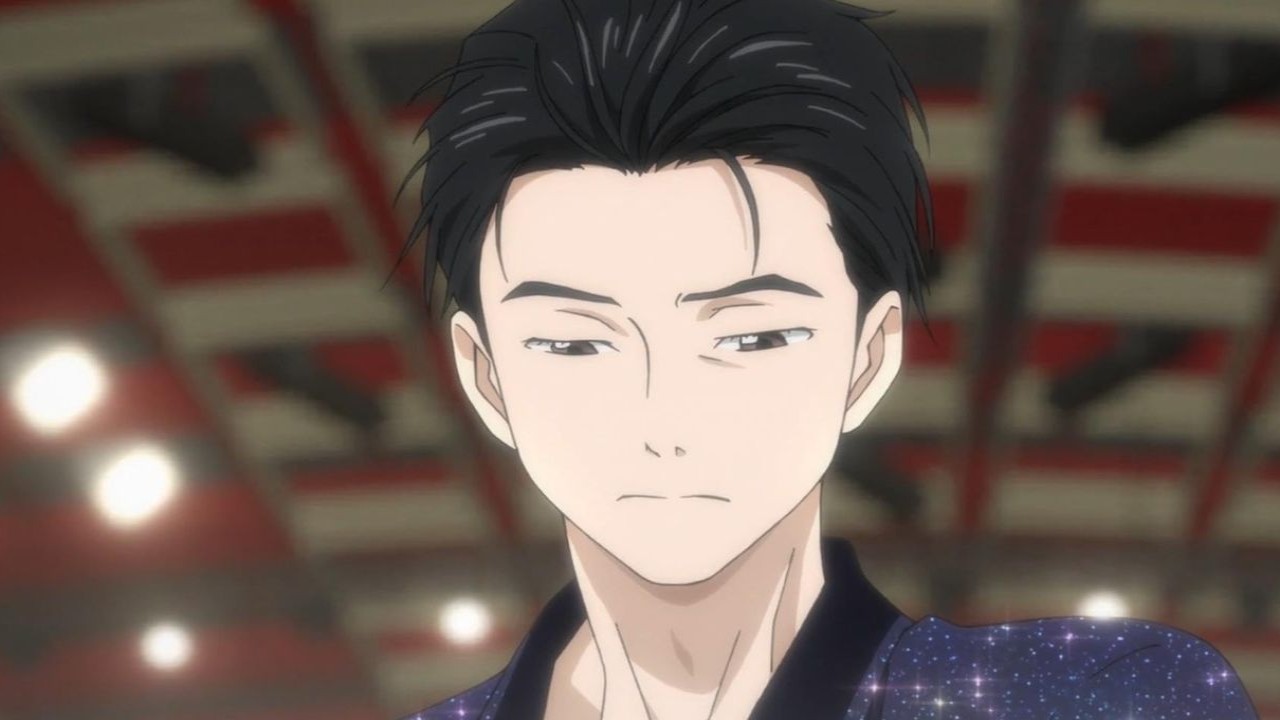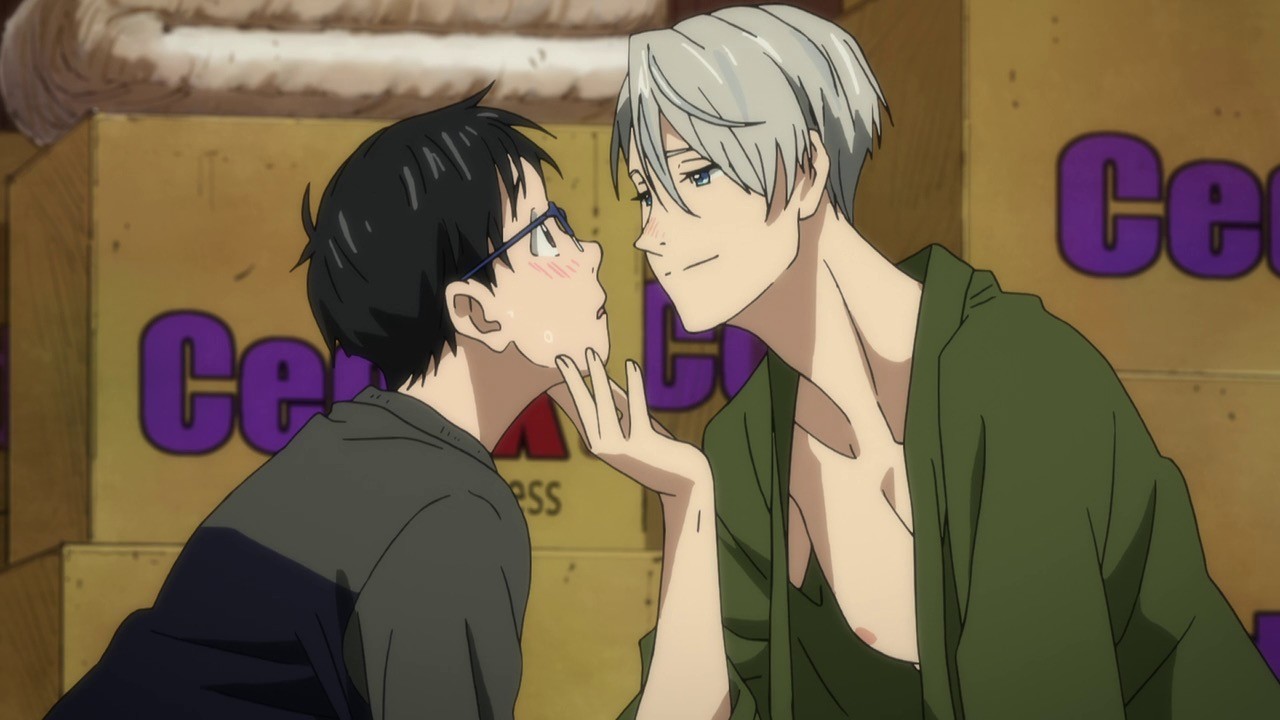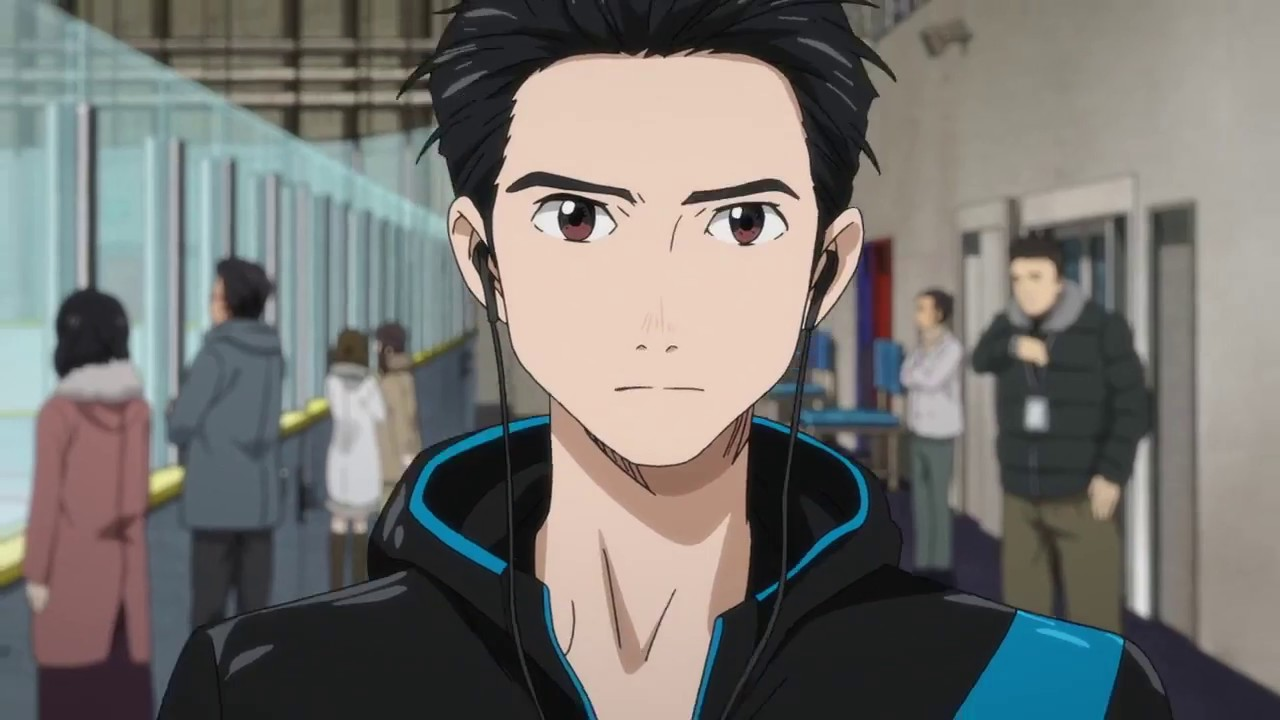Russia has formally outlawed the broadcast and distribution of anime that includes LGBTQ+ themes, following President Putin’s signing of a new expansion to the 2013 “gay propaganda” law. According to the Russian State Duma’s announcement, the revised legislation criminalizes animated content that “normalizes non-traditional sexual relations” for viewers of any age.
The law takes direct aim at queer characters, same-sex intimacy, and even gender-fluid portrayals common in many anime series. Authorities claim the measure protects national identity and children’s psychological health, but activists are calling it state-sponsored erasure.
Cultural Silencing or National Preservation?

Titles such as Given, Yuri!!! on Ice, and Bloom Into You are already being pulled from streaming platforms inside Russia. The Russian Ministry of Digital Development said the move was essential to “upholding traditional values” and limiting what they described as “foreign ideological infiltration.”
In contrast, LGBTQ+ rights groups and media watchdogs globally condemned the action. Human Rights Watch issued a statement decrying the law as “a direct violation of artistic freedom and queer visibility.” Japan’s Ministry of Foreign Affairs has not issued an official response, but domestic outlets like NHK report growing concern from Japanese studios about being censored in major overseas markets.
Some Russian fans defended the law on local forums, claiming queer themes “don’t belong in children’s media.” However, others, especially younger viewers, used VPNs to organize viewing parties for now-banned titles, framing it as an act of cultural resistance. A Moscow-based animator anonymously told The Moscow Times the law will “kill the anime scene in Russia overnight.”
Boycott Calls and the Global Ripple

In response, anime fans across social platforms have launched the #BanRussianDistributors campaign, urging studios to suspend licensing agreements with Russian companies. The call has gained momentum in Europe, South America, and Southeast Asia, with thousands pledging to avoid any distributor that supports or complies with the new law.
International animators and queer creators have also spoken out. Prominent voice actors from the U.S. and U.K. signed an open letter urging Japanese studios not to cave to “authoritarian demands that strip away queer representation.” The letter, organized by LGBTQ+ media coalition GLAAD, is circulating widely on social media.

Meanwhile, platforms like Netflix and Crunchyroll have so far declined to comment directly. However, internal sources told Reuters they are reviewing content availability in Russia and considering regional policy adjustments.
As anime continues to expand globally, creators are facing a volatile new frontier where cultural acceptance, creative freedom, and geopolitics collide. Whether studios resist or yield to such bans may define the next chapter of anime’s worldwide legacy.




